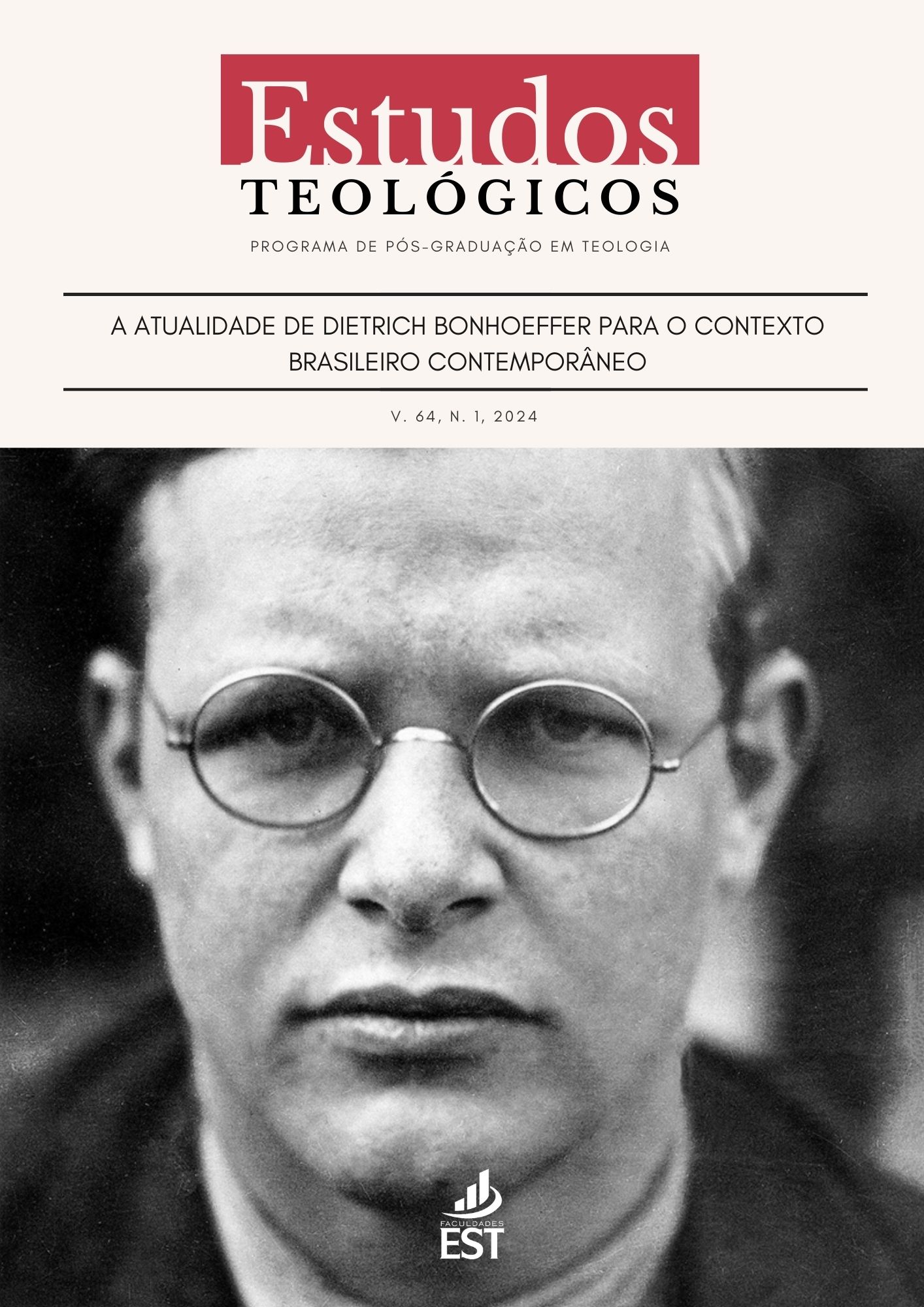Proclamatation, Pacifism and Resistance
DOI:
https://doi.org/10.22351/et.v64i1.2709Abstract
For there to be a clear and convincing project of social and political transformation, people need to be for something, not simply against what they deplore, but the ability to imagine viable alternatives. It is necessary to imagine a future that makes resistance worthwhile, but that ability is lacking because we humans have forgotten who we are. Dietrich Bonhoeffer contends that the primary task for theology is to understand the world better than it understands itself, from the gospel and from Christ. At the heart of the gospel is the Sermon on the Mount, which he summarizes as “the proclamation of the incarnate love of God” that “calls people to love one another, and thus to reject everything that hinders fulfilling this task,” foremost among which is the failure to love one’s enemies and renounce violence. Together proclamation and pacificism provide the basis for a political theology for the church: the recapitulation of all creation in the life, death, and resurrection of Christ. Bonhoeffer emphasizes the role of imagination to sustain meaningful resistance to evil, and he connects links the church’s current lack of imagination to the loss of moral memory. The traits that humans need to flourish—justice, truth, and beauty in particular—require the time and steadfastness that are only cultivated within a living moral memory.











